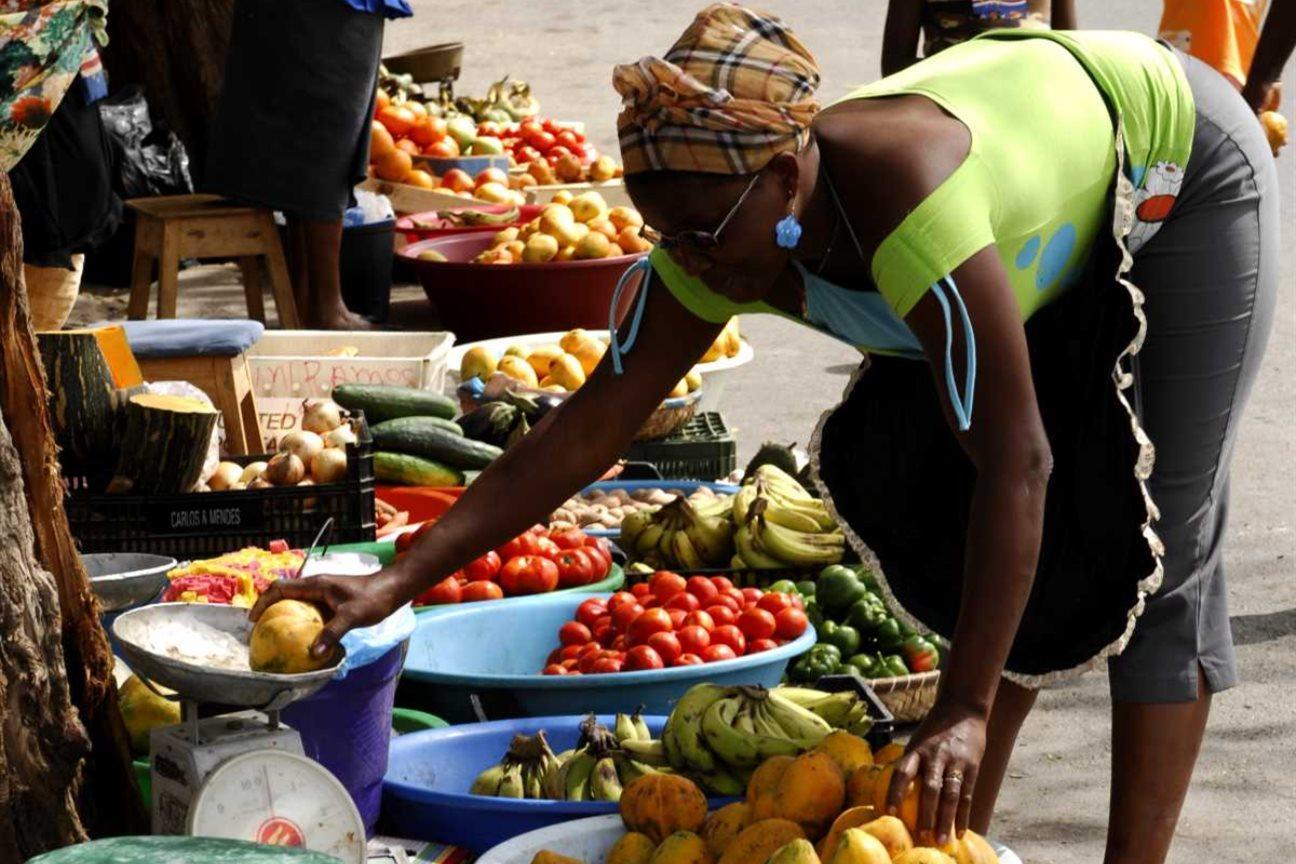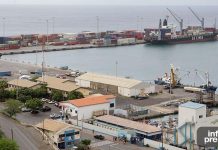Africa-Press – Cape verde. Praia, 09 Dec 2023 (Lusa) – Ronilson da Luz Soares, 41 years old, has been washing cars outdoors since 2016, in Praia, capital of Cape Verde, but he has a dream: to provide this service in his own “comfortable” space and for customers.To do this, you need to register with finance and social security, that is, go from informal worker – who represent around half of employment in the Cape Verdean economy – to formality.
Ronilson says he wants to take this step, to expand the business, gain “more respect” from everyone, but confesses one fear: “they ask for a lot of documents” and you have to go to “a lot of places”.
Fear is one of the main obstacles to formalizing activities, says António Baptista, economist and professor at the University of Cape Verde (UniCV).
The bureaucracy and the fact that “they have to make monthly [financial] commitments scares them”, he says, based on surveys and his experience as president of Profin, the Association for the Promotion of Financial Education.
“First, we need to help small businesses to be sustainable”, because, “with income, there will be more propensity for formality”, he argues to Lusa, with the perception that informality “is increasing”, despite the Government’s efforts and other entities.
To counter the trend, the economist suggests investing in financial literacy so that informal people can organize their business, which consists of basic procedures, such as separating it from personal accounts and allocating remuneration to oneself.
Only then can registration initiatives with state entities be successful, he points out, in order to ensure that an informal person who starts paying into social security no longer stops doing so because of the fragility of their activity.
Olavo Correia, deputy prime minister of Cape Verde with the portfolios of Finance and Business Development, presents himself as a product of informality, of commercial activities from which his mother obtained income to send her children to study.
“My mother was illiterate and was in the informal sector: she worked, invested, put us in the education system and today I’m here as a technician in the financial area”, he said, adding: “Cape Verdeans don’t need alms, they need opportunities. We have an obligation to create these opportunities.”
Asked about the State’s possible loss in tax revenue due to the lack of contribution from the informal sector, Olavo Correia says that the question does not arise in those terms, but rather from the point of view of the harm that exclusion poses to informal workers.
“The State loses nothing”, he said, adding that the important thing is the creation of jobs and that “the State is already gaining, a lot”, with those who live without depending on central or local power and support their families.
“Now, we have an obligation to place these people within a formal system of inclusion, for health, for retirement, for access to opportunities” to which they are entitled, such as, for example, to meet the requirements for access to credit – which requires records formal.
The same position is defended by António Baptista, stating that “those who suffer most are those themselves” for not having access to state support.
On the tax side, he points out that the contribution of informal workers to State revenue is marginal, suggesting rather more refined “financial engineering” to tax consumption, because everyone (including informal workers) makes purchases based on their income.
“The cost of monitoring” informal activity, “to collect another layer of revenue, is very high”, he points out.
Isaura Mendes Almeida, 41 years old, has been selling meals in the car park on one of the capital’s streets for eight years and says that she has even tried to regularize the activity, but the process never came to an end.
I wanted authorization to place a kiosk with better conditions on the site, even if I had to pay a little.
“If they can’t help, they can’t ban us, because we have to survive. I have small children, their father is in jail and everything is under my responsibility, I can’t go without working”, says the trader.
Informality is always visible in Cape Verde, whether with street commerce or in other establishments, such as hairdressing salons.
“Women are more involved”, describes António Baptista, but they do not have exclusivity, immediately pointing to the example of carpentry professionals.
Olavo Correia believes that new technologies can be a game-changing factor.
“Today we have an excellent opportunity to use digital to combat bureaucracy” and points to what is visible: today, almost everyone involved in some activity “uses a cell phone”.
“We are working to use digital in this transition”, he guarantees.
“The future of Africa and Cape Verde will depend greatly on the ability to create instruments so that people can create jobs for themselves and others”, expanding them, with sustainability and inclusion in social benefits, he concluded.
Diamantino Tavares Gomes, 35 years old, leaves Santa Cruz, on the east coast of the island of Santiago, every day, with around 40 coconuts to quench the thirst of those who frequent Quebra Canela beach, one of the most popular in the capital.
“I don’t pay to sell here, but I would really like to have better conditions”, he says, dreaming of “a company” and the desire to “put some people to work”, he said, portraying an ambition common to many Cape Verdeans.
For More News And Analysis About Cape verde Follow Africa-Press






